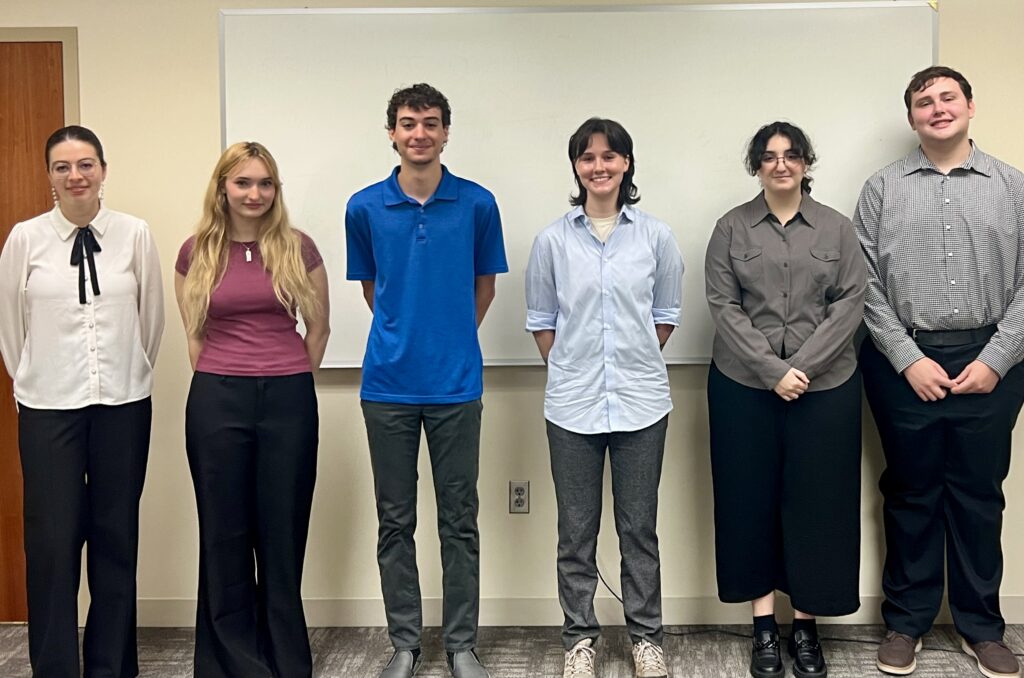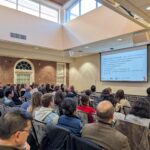The Climate Resilience Network (CRN) hosts a summer internship program that allows undergraduate students to conduct research with University of Maryland scientists. Over 10-12 weeks, interns shadowed various mentors who engaged them in careers as scientists. Students from various backgrounds and majors used their skills and interests to participate in field experiments from water quality testing in local streams around the University of Maryland campus to monitoring the air pollutant concentrations around a CSX terminal in Baltimore to designing educational material about CRN science for secondary students. Interns also accelerated CRN programs such as the Mesonet and Hydronet as they helped erect new weather towers and sea level sensors across the state.
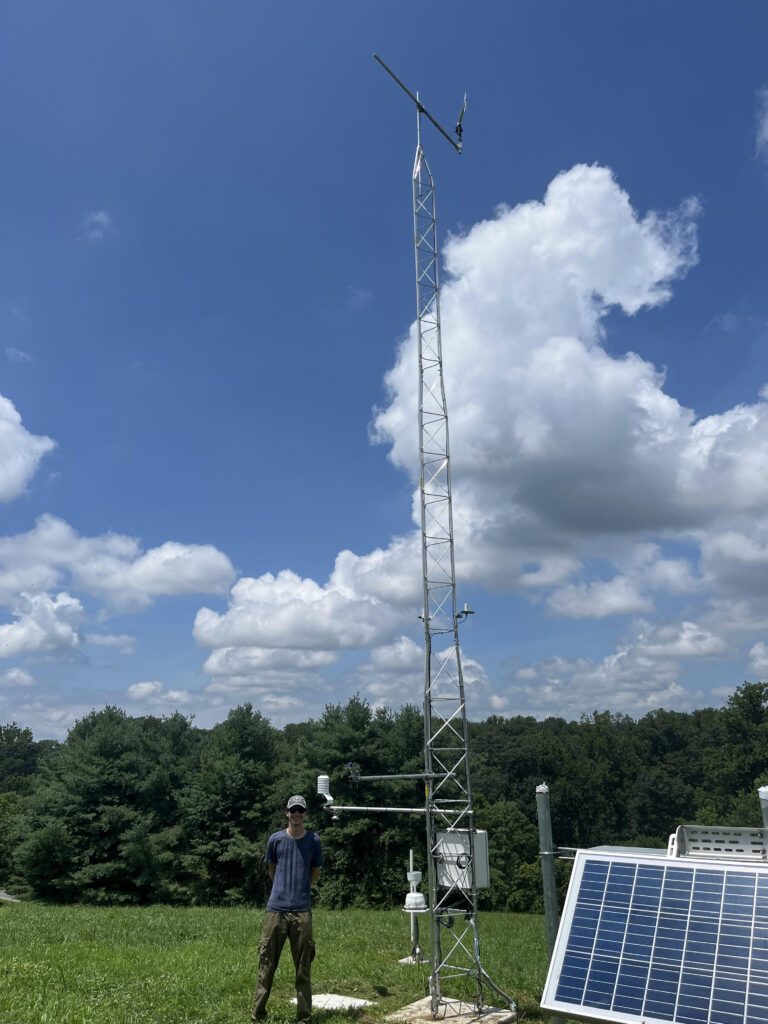
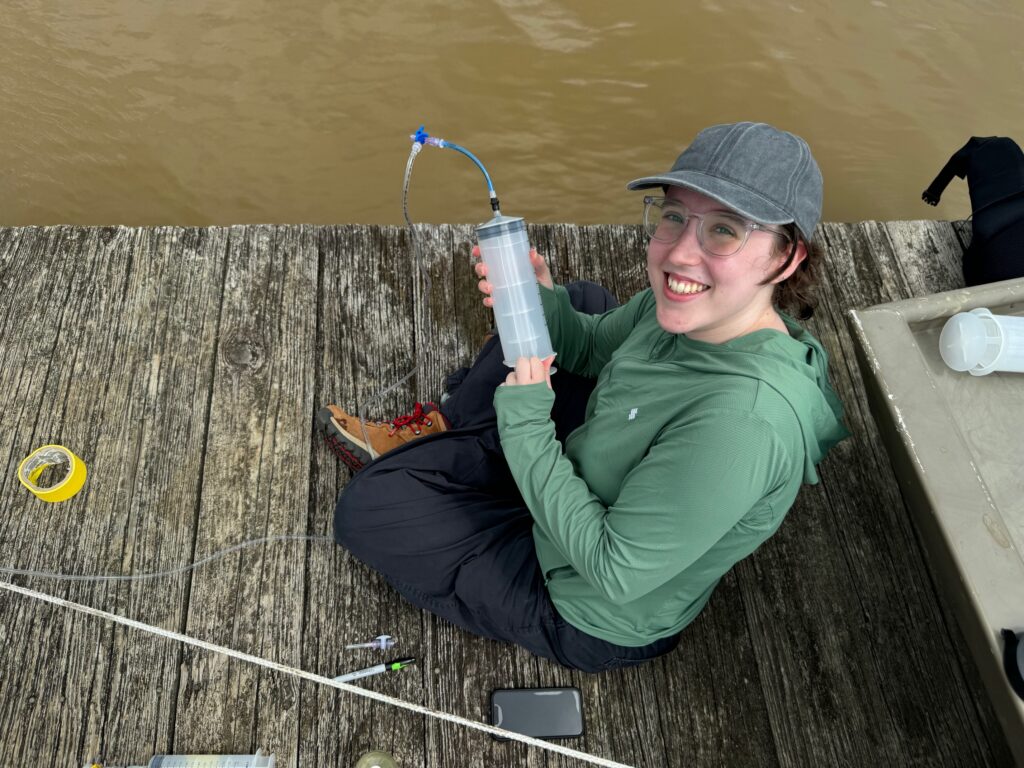
The main goals of the CRN internship program are for students to learn how scientific research is done if they choose a career in science; to understand that climate change mitigation and adaptation are interdisciplinary and require collaboration; and to encourage students to pursue a major in the Earth System Sciences at the University of Maryland. At the end of the program, interns submitted a paper that discussed their research findings and what they gained from their experience in the program. On the last day of the program, interns presented their work to their peers, mentors, and guests.
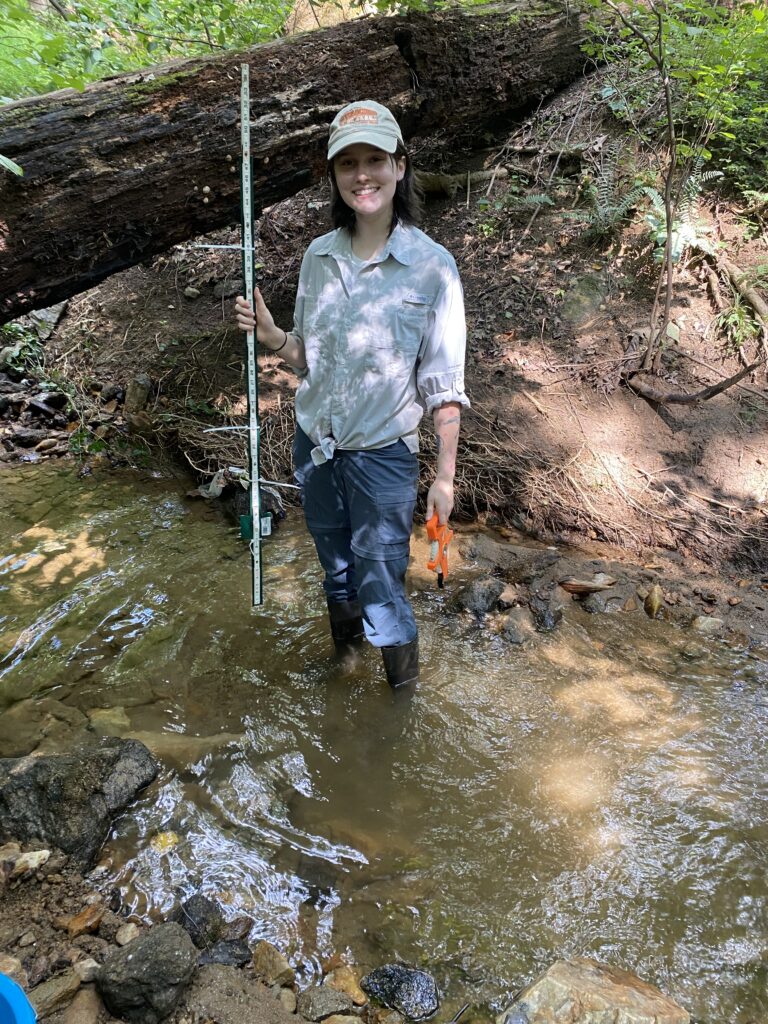
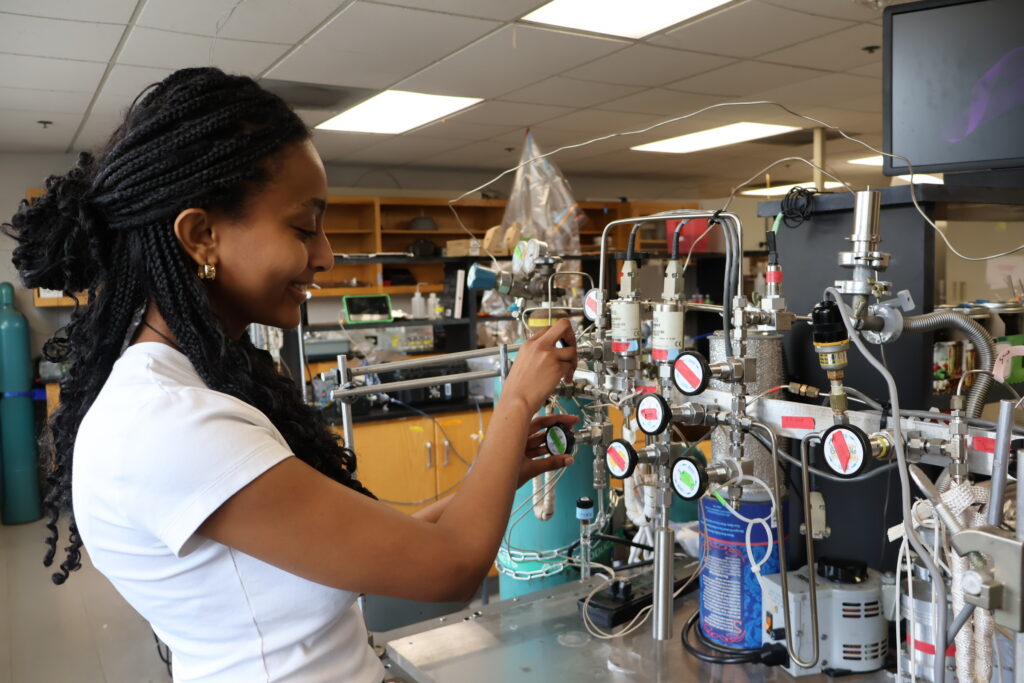
CRN recognizes the need for more diversity in earth system sciences, specifically in fields that work to understand and address the effects of climate change. The interdisciplinary nature of CRN gives our internship program the potential to reach students who may otherwise not consider earth system sciences for a career. In the future, we hope our intern program will attract future students of all academic and social backgrounds to use their diverse skill sets to contribute to our mission to make Maryland climate resilient.
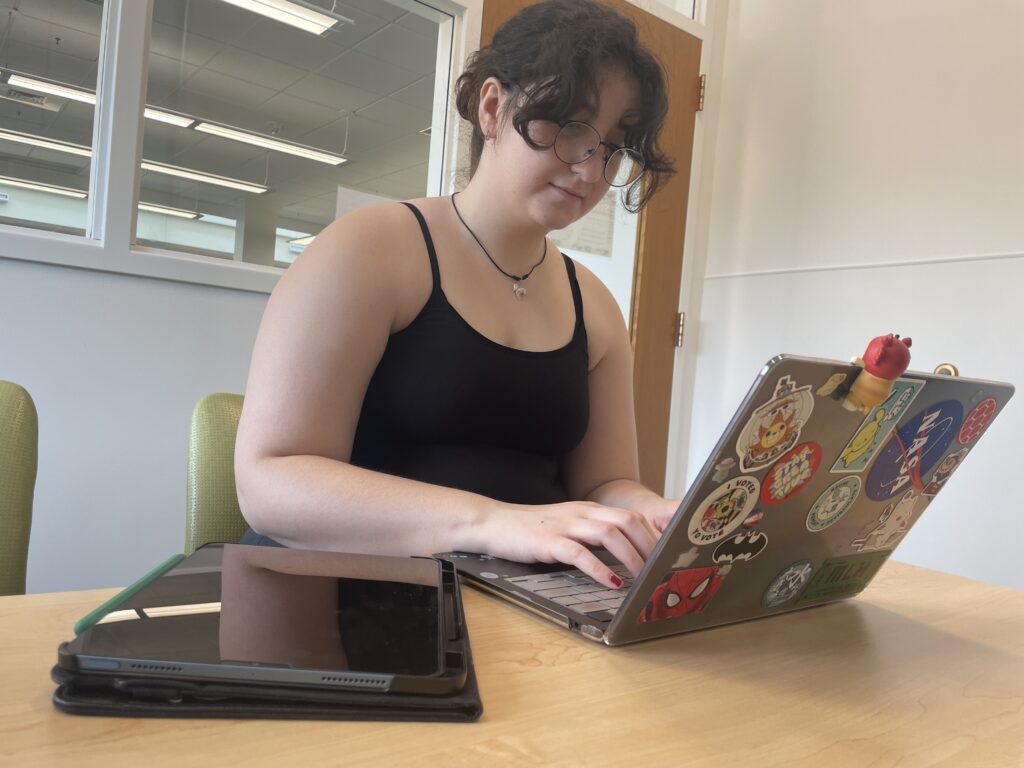
Our 2025 Interns (and their projects):
- Sam Brown – Geology, 2025, UMD
- Mentor: Dr. Karen Prestegaard
- Project: Storm response of small headwater streams in the Anacostia watershed
- Donovan Fry – Atmospheric and Oceanic Sciences, 2028, UMD
- Mentor: Dr. James Hyde
- Project: Radar and data analysis of the July 19, 2025 flash flood event in Maryland
- Mary Harbinson – Chemistry, 2026, Skidmore College
- Mentor: Dr. James Farquhar
- Project: Groundwater methane assessment in Western Maryland wells
- Jacob Kaufman – Atmospheric and Oceanic Sciences, 2028, UMD
- Mentor: Jennifer Collins
- Project: Language and communication in climate change education
- Elizabeth “River” Sanford – Atmospheric and Oceanic Sciences; Immersive Media Design; 2028, UMD
- Mentor: Jennifer Collins
- Project: Visual design for education card game
- Maria Stepanyan – Public Health Management; 2028, UMD
- Mentor: Michael Maddox
- Project: Crisfield wastewater overflow
- Bethlehem Tadesse – Chemistry, 2026, UMD
- Mentor: Dr. James Farquhar
- Project: Methane concentration through a tidal cycle in Jug Bay freshwater wetland
- Amira Tlemsani – Geographical Sciences; Information Sciences, 2027, UMD
- Mentor: Michael Maddox
- Project: Crisfield wastewater overflow

